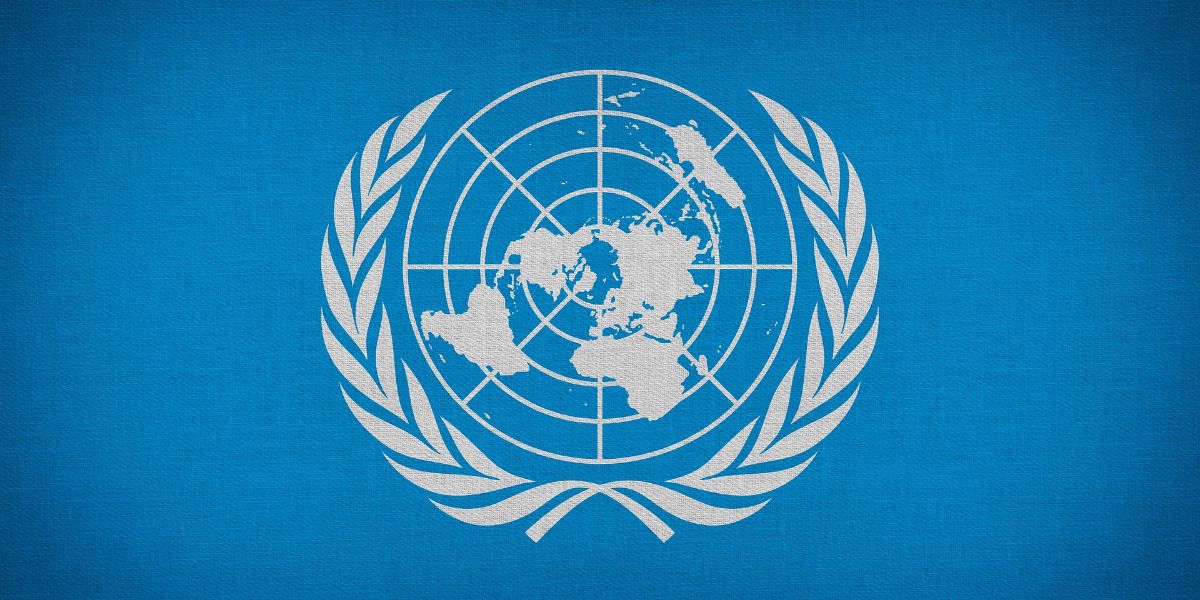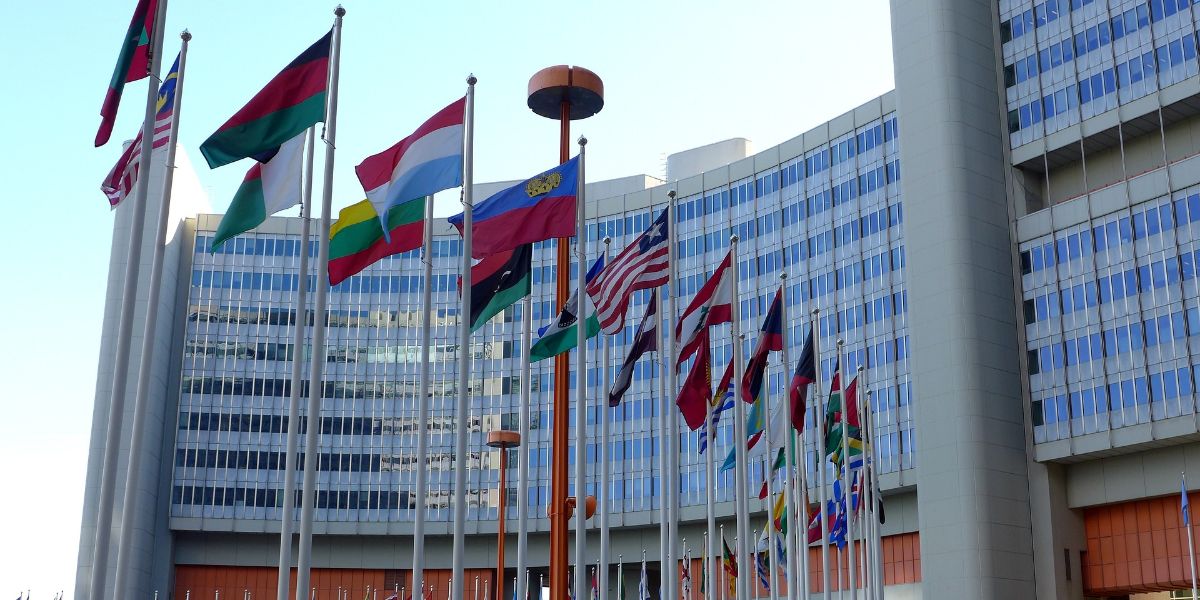Following an earlier Resolution on international tax cooperation and a report by the Secretary General setting out options going forward, UN Resolution 78/230 of 22 December 2023 established an ad hoc intergovernmental committee to draft terms of reference for a UN framework convention on international tax cooperation. The first session of the ad hoc committee is being held between 26 April and 8 May 2024.
On 3 May 2024 the ad hoc committee discussed possible topics for early protocols. UN Resolution 78/230 requested the ad hoc intergovernmental committee, in elaborating the draft terms of reference for a framework convention, to consider simultaneously developing early protocols on specific priority issues, such as measures against tax-related illicit financial flows and the taxation of income derived from the provision of cross-border services in an increasingly digitalized and globalized economy.
In the view of a number of the countries, the early protocols would need to be those that can cover the pressing needs of member states. Nigeria suggested that countries should look at tax-related illicit financial flows (IFFs), tax on cross-border services, digital economy issues, tax dispute resolution and ways to prevent tax disputes arising. These are very urgent issues that need early attention.
Other important issues were mentioned by countries as possible topics to be covered in early protocols. Colombia suggested that protocols should include taxation of high net worth individuals (HNWIs); taxation to finance climate action; illicit financial flows (IFFs) related to tax and trade; tax incentives; and tax on services. The first two of these issues (HNWI tax and tax to finance climate action) could be early protocols. Some delegates mentioned that environmental taxation could be included in an early protocol.
The delegate from Jamaica noted the urgency of considering the tax treatment of overseas development assistance (ODA), or government aid on a bilateral or multilateral basis. Owing to the tax exemptions that developing countries are required by donors to give to projects, including sometimes to subcontractors, there is a large tax expenditure for the countries receiving official development aid. Exemptions from corporate income tax, VAT and customs duties can amount to large sums of tax revenue lost. The tax treatment of government-to-government aid should therefore be included as an early protocol.
Some delegates considered that there is a need to establish principles and the scope of each issue to be included in the early protocols. For example, it would be important to defined clearly the scope of tax-related IFFs; and set out how the protocol would address the issue. Protocols should be used where international action is necessary and where there is a need for legally binding standards. Softer standards on topics such as capacity building could be dealt with by recommendations on international best practices instead of protocols.
A number of countries considered that priority should be given to less complex issues that are more manageable. These would be suitable for early protocols. The focus could be on the gaps in the current international tax system. This is a new process for many of the participants and in the view of some countries the start of the process should be approached carefully.
However, a number of countries considered that the discussions on early protocols could not be limited to the least controversial issues but must cover the most urgent problems. For example, the issue of IFFs transcends national borders and affects both developed and developing countries. To combat tax-related IFFs, countries need to look at income transparency and global exchange of information (EOI), both automatic exchange and exchange on request. Many countries still do not have access to EOI. Currently, countries place reservations against the EOI provisions and often refuse to exchange the information. EOI must be brought within the reach of all countries.
The US considered that it would be dangerous to erode current standards on EOI. There are currently important guardrails in place to protect the confidentiality of information exchanged. The issues around EOI could be better addressed by capacity building by the Global Forum which has 171 member states. The US considered that the introduction of different UN standards would fracture the international norms and increase uncertainty.














